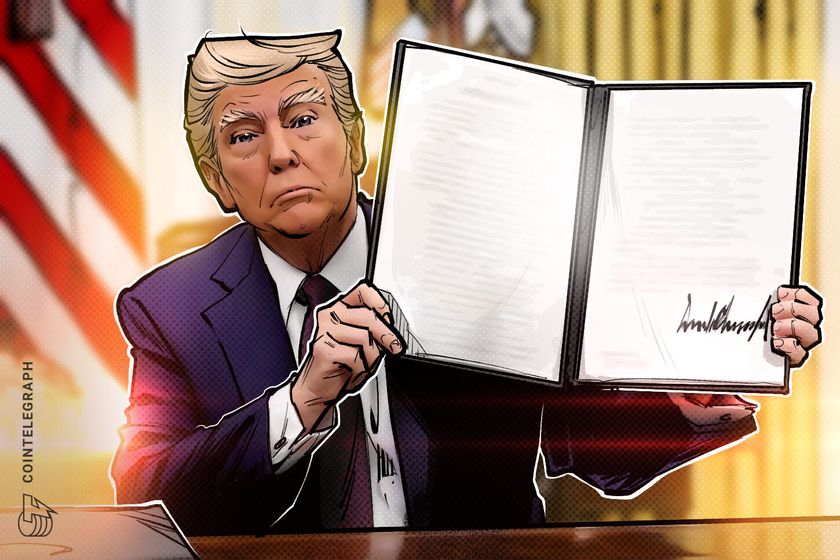

United States President Donald Trump signed an executive order establishing reciprocal tariffs on trading partners and a 10% baseline tariff on all imports from all countries.
The reciprocal levies on will be approximately half of what trading partners charge for US imports, Trump said. For example, China currently has a tariff of 67% on US imports, so US reciprocal tariffs on Chinese goods will be 34%. Trump also announced a standard 25% tariff on all automobile imports.
Trump told the media that tariffs would return the country to economic prosperity seen in previous centuries:
“From 1789 to 1913, we were a tariff-backed nation. The United States was proportionately the wealthiest it has ever been. So wealthy, in fact, that in the 1880s, they established a commission to decide what they were going to do with the vast sums of money they were collecting.”
“Then, in 1913, for reasons unknown to mankind, they established the income tax so that citizens, rather than foreign countries, would start paying,” Trump said.
Full breakdown of reciprocal tariffs by country. Source: Cointelegraph
Trump presented the tariffs through the lens of economic protectionism and hinted at returning to the economic policies of the 19th century by using them to replace the income tax.
Related: Bitcoin rally to $88.5K obliterates bears as spot volumes soar — Will a tariff war stop the party?
Trump proposes eliminating federal income tax and replacing it with tariff revenue
Trump proposed the idea of abolishing the Internal Revenue Service (IRS) and funding the federal government exclusively through trade tariffs while still on the campaign trail in October 2024.
According to accounting automation company Dancing Numbers, Trump’s plan could save each American taxpayer $134,809-$325,561 in taxes throughout their lives.
US President Donald Trump addresses the media about reciprocal trade tariffs at the April 2 press event. Source: Fox 4 Dallas
The higher range of the tax savings estimate will only occur if other wage-based taxes are eliminated at the state and municipal levels.
Commerce Secretary Howard Lutnick, who assumed office in February, also voiced support for replacing the IRS with the “External Revenue Service.”
Lutnick said that the US government cannot balance a budget yet consistently demands more from its citizens every year. Tariffs will also protect American workers and strengthen the US economy, he said.
Magazine: Elon Musk’s plan to run government on blockchain faces uphill battle



